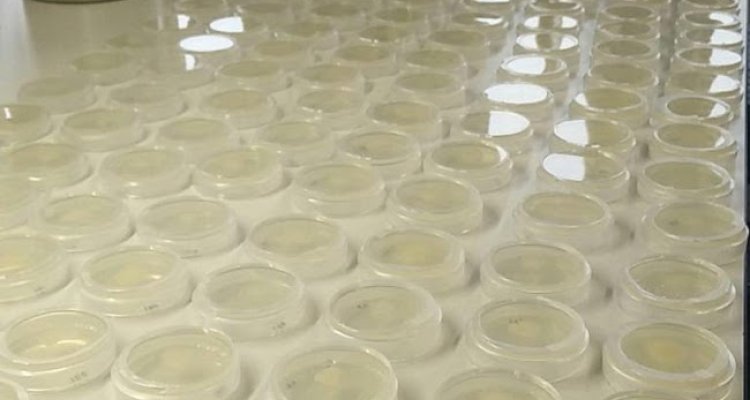
Project
Non-self recognition loci in Basidiomycetes
Multicellular organisms require robust methods for non-self recognition to prevent the spread of parasites. An example of this non-self recognition is organ transplant rejection in vertebrates. While the genes responsible are known in some fungi, they remain unknown for mushroom-producing fungi. Knowledge of the genes involved can help us understand the evolutionary history of mushroom-forming fungi, as well as how this process is regulated during development. Additionally, understanding the non-self recognition process in mushroom forming fungi may also allow us to manipulate commercial production, allowing the fungal equivalent of grafted crops.
Aim
This project aims to identify genes involved in non-self recognition in Basidiomycetes. Additionally, this project will determine the effect of incompatibility at one or more loci.
Approach
We are starting with the termite-associated fungus, Termitomyces, which allows us to quantitatively estimate the strength of non-self recognition. Using crosses from wild isolates, we are performing Quantitative Trait Loci mapping from two populations, combined with whole genome sequencing. These potential non-self recognition loci will be validated by looking for patterns of selection in wild populations. Additionally, we will validate candidate genes using the model mushroom Coprinopsis.
Student opportunities
We are open to applications for thesis projects! We have different thesis topics available, including projects with Population Genetics, Genome Analysis, Molecular Biology. Interested? Please contact Ben.Auxier@wur.nl.